
I grew up on the border between England and Wales, then went to study Zoology at Cambridge University, followed by Psychology at St Andrews. I am now a hypnotherapist and mindful movement/dance teacher, and part-time poet and crafter. I love and am greatly influenced by the natural world, myths and legends, and the complex connection between people, our bodies, and nature. Having recently started attempting to write my own novel, I have a renewed respect for those authors whose books I have read and enjoyed! I have so many favourite books it was a real challenge to get it down to just five, but here they are…
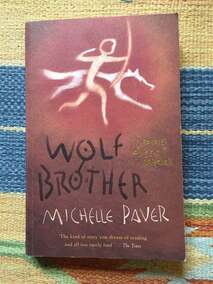
Wolf Brother by Michelle Paver
This is one of those books that is equally enchanting for adults as it is for children. I love how Michelle Paver has captured the essence of what it might be like to live in the forests of our hunter-gatherer past, where humans lived in more spiritual connection with the natural world. She has employed extensive and thorough research, making Torak and Wolf’s world come alive as they search for the Mountain of the World Spirit on a quest to slay the demon bear. The first in a book series I come back to time and time again.
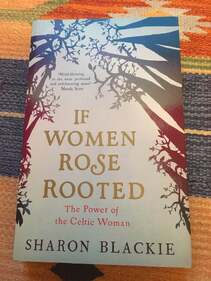
If Women Rose Rooted by Sharon Blackie
I remember when I first read this thinking that a copy should be given to every girl at school (then revising this to include boys too). It explores the connection between women and the land, and the journey to finding a sense of belonging in the modern corporate ‘wasteland’, gaining inspiration from Celtic myths as well as contemporary women who have found ways of living more rooted lives. It has been described as a Celtic ‘Women who Run with the Wolves’, though in my opinion it is much better, easier to read, and more relevant to life in the UK.
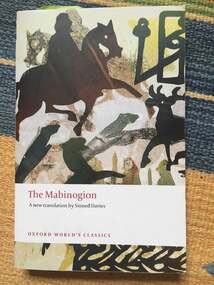
The Mabinogion translation by Sioned Davies
This book is a collection of truly wonderful and magical stories from ancient Wales, which take place both in this world and the Celtic Otherworld. I have a particular love of the 4th branch, the story of Lleu and Blodeuwedd: I have studied it thoroughly, through multiple layers of meaning, and it has made a huge impression on my life. I also highly recommend Damh the Bard’s musical interpretations (find them here: www.paganmusic.co.uk).
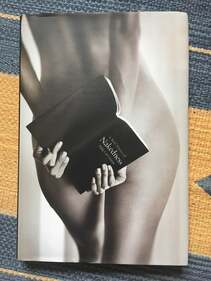
A Brief History of Nakedness by Philip Carr-Gomm
This book takes the reader on a journey that spans from ancient religious sadhus all the way to contemporary pagans, advertisers and protesters, exploring and tracing humans’ sometimes bizarre, sometimes touching, and often complex, relationships with our naked bodies. I found it both entertaining and enlightening - not only informative and thought-provoking, but also a thoroughly enjoyable read.
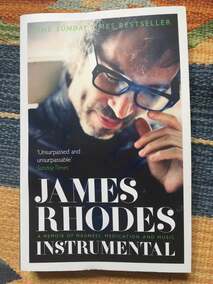
Instrumental by James Rhodes
This is not an easy book to read, but one I bought a second copy of - to lend out to others so they could read it too. Both an autobiography and a love letter to music, the book tells of how music was a lifeline to Rhodes as he faced a childhood full of unspeakable trauma, and how, against all the odds, he pursued his passion to become a renowned concert pianist. A remarkable man. Hear him play here: https://www.youtube.com/watch?v=pZ82pECqiUg.

 RSS Feed
RSS Feed
